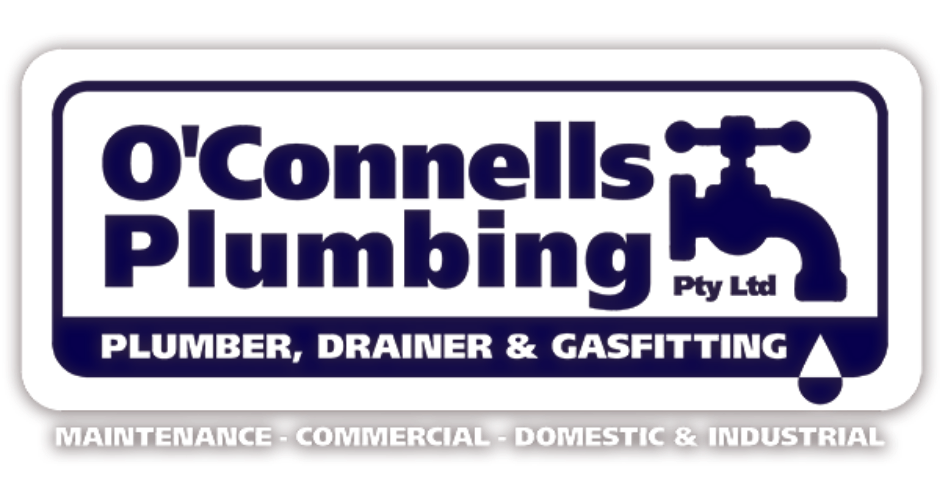Plumbing has been around since ancient times, with Romans building aqueducts, marble baths and bronze pipe systems to keep their togaed bodies clean and their water drinkable.
Flush toilets came into the work in 1596, when a godson of Queen Elizabeth invented a primitively constructed water closet, he nicknamed “Ajax”. In modern items, we can luxuriate in jetted tubs, sit on toilets with heated seats and cook spaghetti in pots filled by special pasta faucets. Still, even our marvellous modern pipes and appliances often spring leaks, back up or just stop working. That’s where a good plumber can get you out of hot (or cold) water.
Most plumbing companies offer excellent service, and rate well on price, but as you’d expect, there will be a few out there will soak you.
Here are some general tips for hiring a plumber.
After you have identified the high-quality, reliable companies, you need to consider price. If you have a large remodelling job – new kitchen or bathroom, for instance – getting several bids is especially critical. Not only is a large amount of money at stake, but the variation in prices can be larger too.
But even for small jobs, its work your time to shop around.
Although it’s straightforward to get price quotes for plumbing installation or remodelling work, it’s often difficult to get accurate pricing for repairs in advance. Your best bet is to call a few companies, then:
- Provide an exact description of your problem
- Ask each company how it computes its labour rates (minimum charge and what it includes, price per hour after the minimum, etc)
- Try to get an estimate of how long it usually takes to do the job
- When the plumber arrives, review the rate you were provided. This will eliminate misunderstandings and may enhance timekeeping accuracy.
- Clear the area. You don’t want to pay a plumber $150 an hour to clean out junk from underneath your sink
- Don’t let conversations with the plumber interfere with the work. While it is important to understand what the plumber is doing, there is a reasonable limit.


